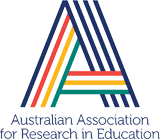Sorry, it seems you were trying to access a page that doesn't exist.
Please check the spelling of the URL you were trying to access and try again.
Sorry, it seems you were trying to access a page that doesn't exist.
Please check the spelling of the URL you were trying to access and try again.
